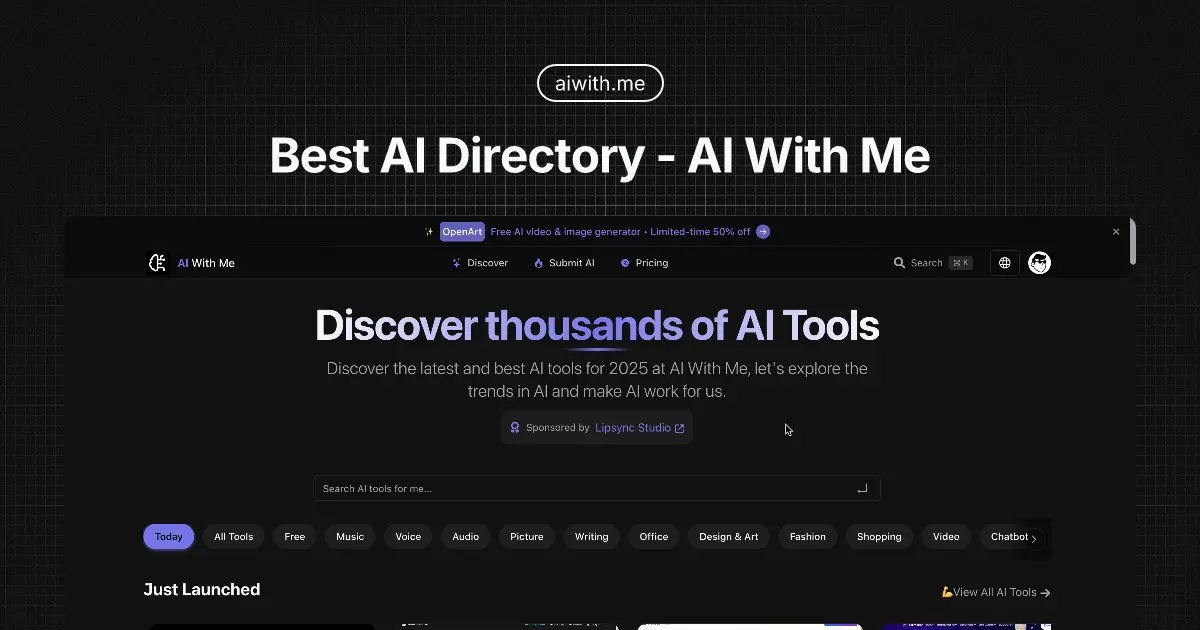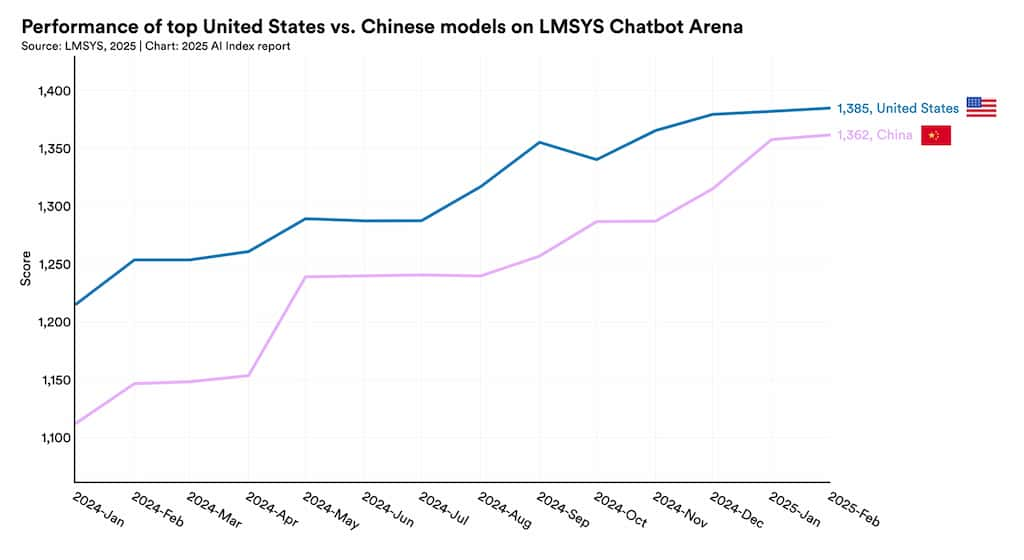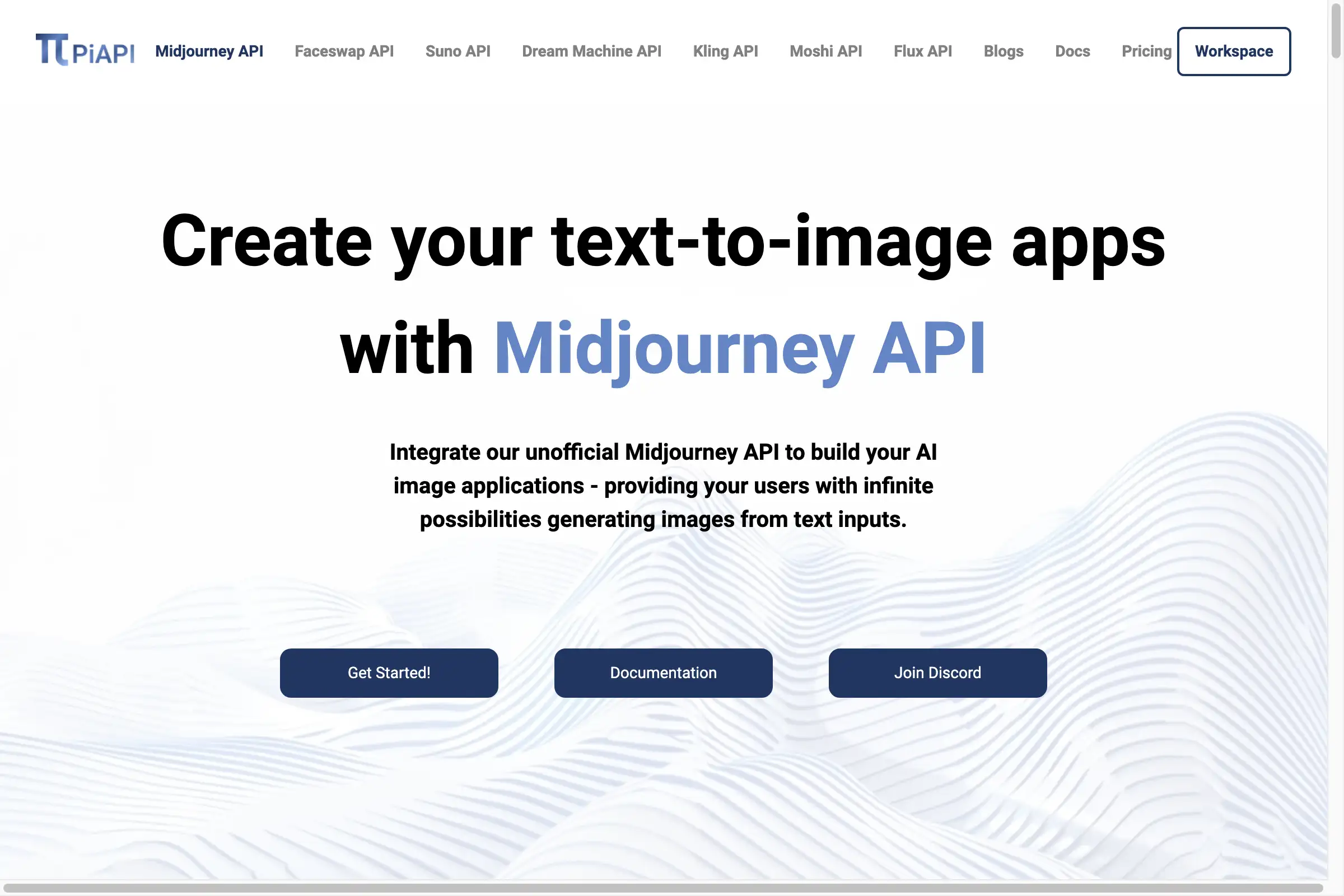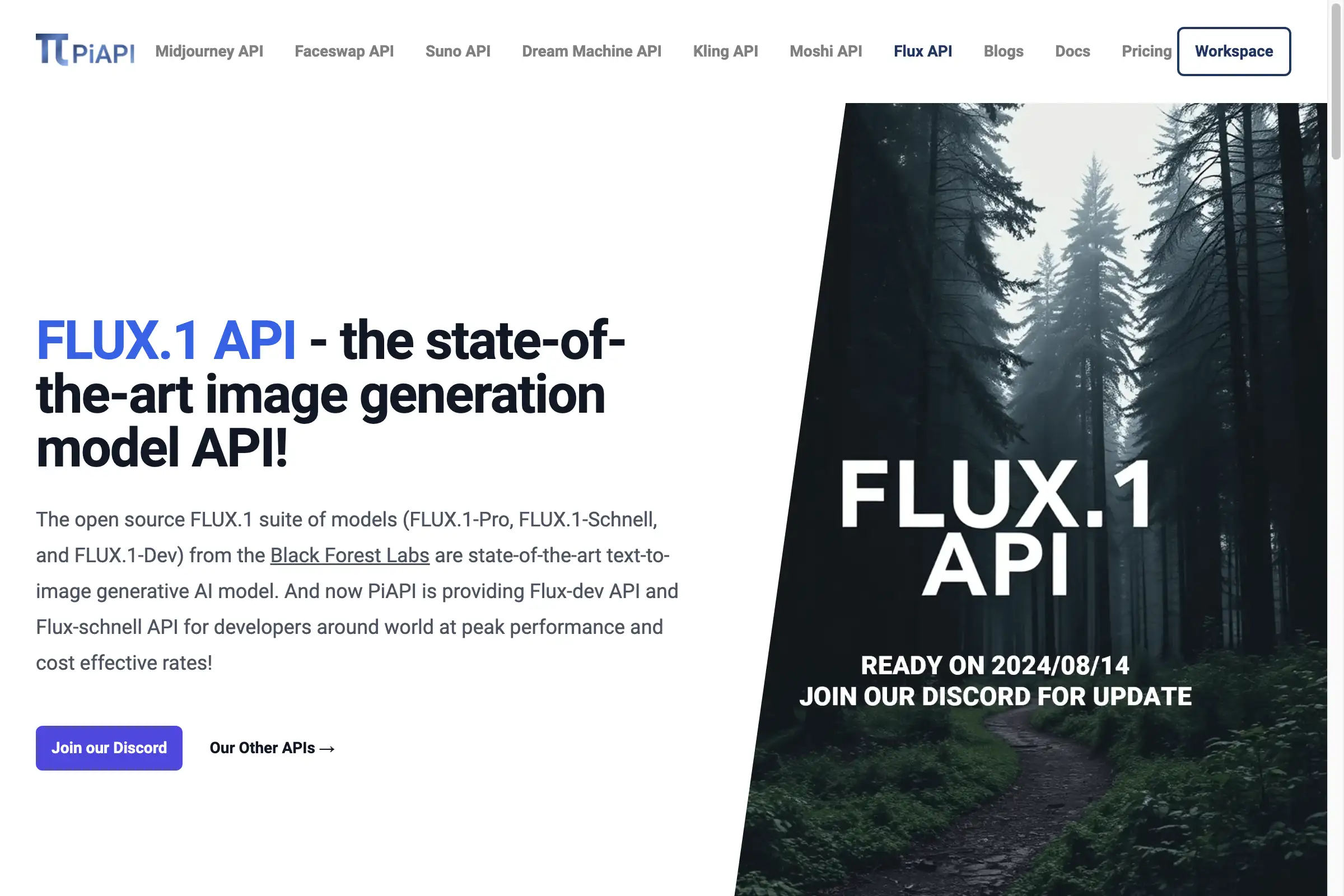Is AI Progress Driven by Compute?

When we look at the explosive progress of artificial intelligence over the last decade—particularly the breakthroughs in large language models (LLMs) and multi-modal AI systems—a common question arises:
Is all of this simply due to more compute?
The short answer: Compute is necessary, but not sufficient. Let’s unpack this by looking at the three core forces behind AI’s progress.
1. Compute: The Engine Room of Modern AI
Compute is the infrastructure—the foundation that makes it possible to train increasingly complex and capable models.
- In 2012, AlexNet won the ImageNet competition and reignited the deep learning revolution. A big part of that success came from training on GPUs.
- From GPT-2 to GPT-4, we’ve seen a ~100x increase in training FLOPs (floating-point operations). GPT-4 reportedly consumed tens of exaflops over weeks—something unimaginable a few years ago.
Without massive compute, models like GPT-4, Claude 3.5, and Gemini would simply not exist.
2. Data: The Fuel of Machine Learning
Compute is meaningless without data. AI models need large-scale, high-quality data to learn patterns and reason about the world.
- GPT-style models are trained on huge swaths of the internet—code, books, articles, forums.
- Multi-modal models require diverse inputs: text, images, audio, video, and beyond.
As the saying goes, garbage in, garbage out. Better data = better models.
3. Algorithms: The Real Game-Changer
Data and compute are the raw materials. Algorithms are the design—they determine what’s possible with those resources.
- The introduction of the Transformer architecture in 2017 is what enabled all modern LLMs.
- Techniques like RLHF (Reinforcement Learning from Human Feedback), LoRA (Low-Rank Adaptation), and MoE (Mixture of Experts) have improved model quality and efficiency.
- Quantization, pruning, and distillation help models run faster and smaller—critical for deployment.
Often, a better algorithm can outperform raw compute.
So Where Does AI Progress Really Come From?
Let’s simplify it:
Compute is the foundation, data is the fuel, and algorithms are the engine. AI progress requires all three.
However, in the last 5 years, compute has been the key accelerator—giving us the ability to scale up everything else.
Looking Ahead
Here’s how the landscape is shifting:
| Element | Trend |
|---|---|
| Compute | Moving toward specialized chips (e.g. TPUs, NPUs), distributed training, energy optimization. |
| Data | Shift from “big data” to clean, aligned, and private data. |
| Algorithms | Efficiency, modularity, open-source innovation (e.g. Mistral, Phi, etc). |
While we still need huge compute to train frontier models, there’s also a wave of innovation focused on “small but smart” AI—running models efficiently, even on the edge.
Final Thoughts
If you’re a developer or indie hacker, here’s what matters:
- You don’t need a supercomputer to build valuable AI products.
- Focus on understanding users, leveraging open models, and solving niche problems.
- The real competitive edge lies in how you apply AI, not just how powerful your model is.
Leave your comment
- No comments yet.
Recommended AI Tools
Carefully selected AI tools to improve your work, study, and live efficiency.
Related Articles
Standing at this moment in 2025, when we look back at the development journey of artificial intelligence, we witness how this revolutionary technology has reshaped every aspect of human society. From initial theoretical concepts to today's practical applications, each step forward in AI technology has changed the way we live. Let's revisit this fascinating journey together.
In 2024 and early 2025, the field of artificial intelligence (AI) achieved remarkable progress, with its impact spanning across various industries. AI models demonstrated significant performance improvements in multiple benchmarks, marking a new level of capability in handling complex tasks <sup>[1]</sup>. From healthcare to transportation, AI is integrating into daily life at an unprecedented pace <sup>[1]</sup>. Business adoption and investment in AI also showed strong growth, particularly in generative AI <sup>[1]</sup>. The United States maintained its lead in AI model development, but China is rapidly closing the quality gap <sup>[1]</sup>. Meanwhile, the responsible AI ecosystem continues to evolve, with increasing attention to ethical considerations and regulation <sup>[1]</sup>. Global optimism about AI has risen overall, though regional differences persist <sup>[1]</sup>.
Gemini CLI is an open-source AI agent that brings Gemini directly into your terminal, with MCP support for extensibility and Human in the Loop for oversight. Individual developers get unmatched usage limits at no cost.


















